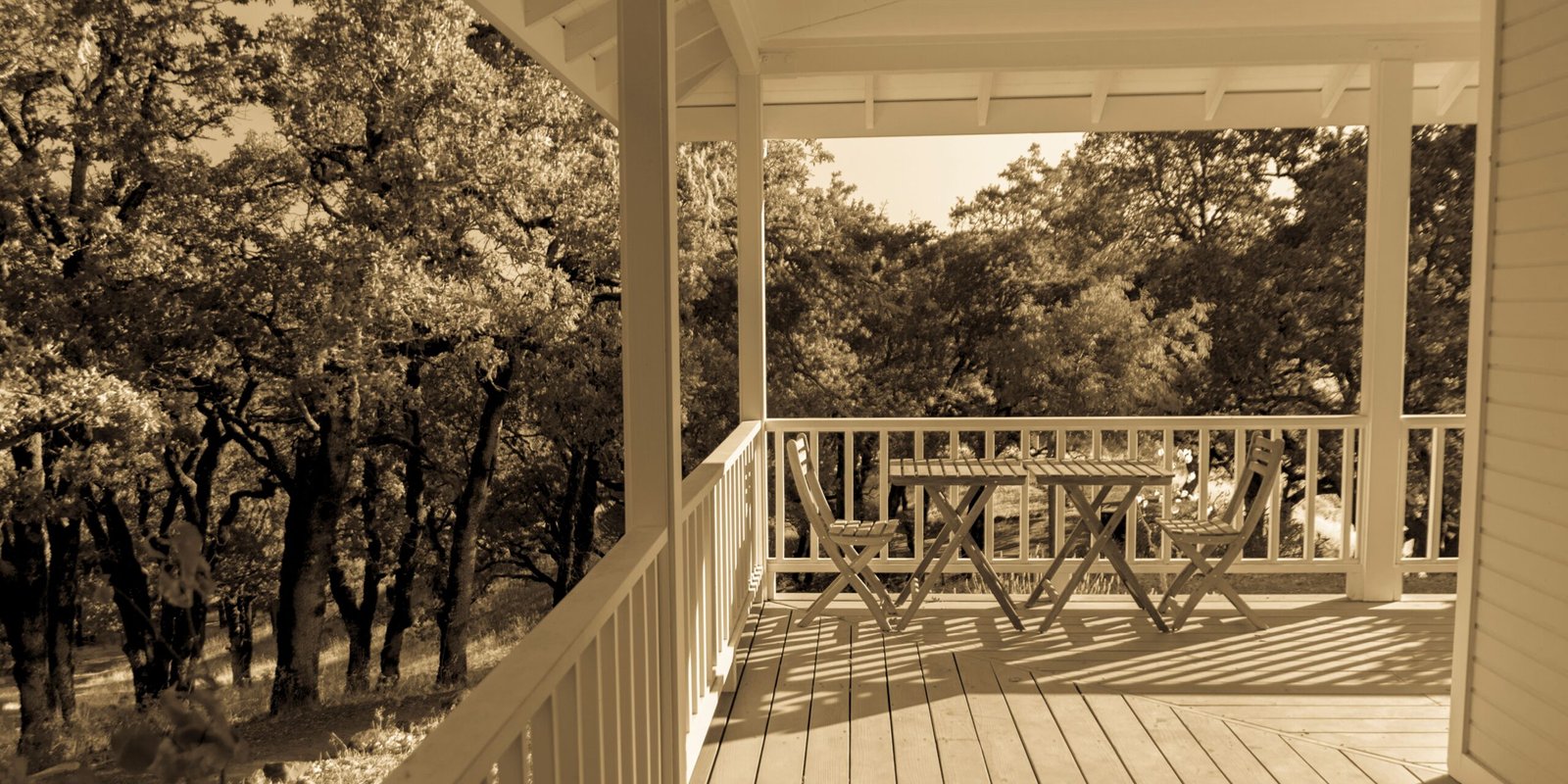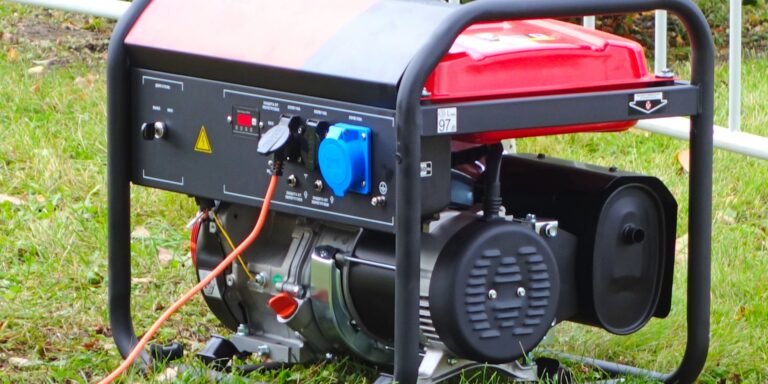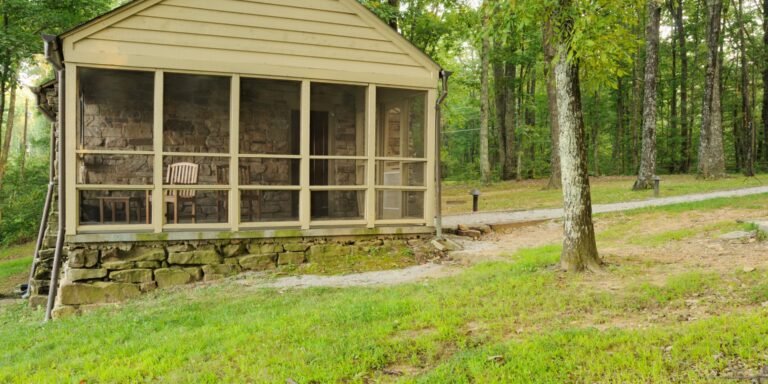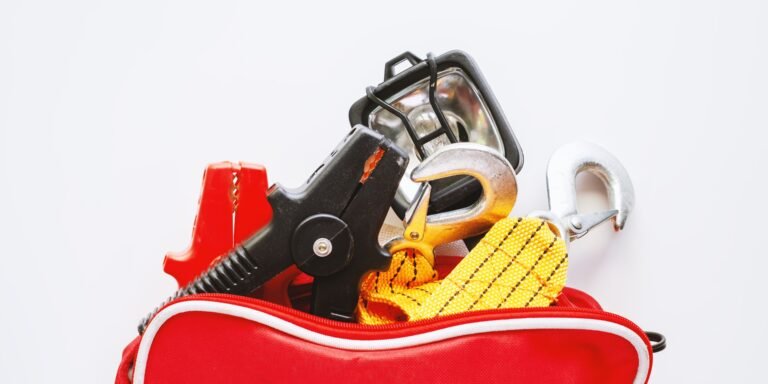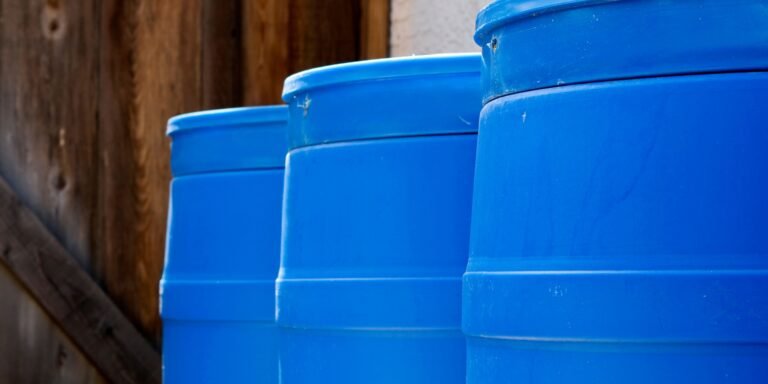How To Live Off The Grid In The Woods
This post may contain affiliate links, full disclosure here.
Living off the grid necessitates a high level of self-sufficiency and planning in a society where so many things are taken for granted. Most people are unprepared for the massive amount of personal responsibilities that come with this way of life. It is preferable to plan for complications rather than reacting to them as they arise.
Living off the grid necessitates a thorough understanding of how to meet the specific needs that society has previously managed for us. For the initial planning, location, costs, and material availability are all important factors to consider. To ensure a comfortable standard of living, food, water, energy, and waste disposal must be manageably self-sufficient.
Living off the grid is doable, and the woods are great places to find readily available resources. The following are a few things to keep in mind.
Living Off The Grid 101
Cost and Materials
Living off the grid necessitates a lot of legal wrangling to transition from your previous way of life. It is critical to deal with them as they arise. In some cases, ignoring legal concerns can result in complications, penalties, or even a total loss of investment.
Off-grid shelters can be built from the ground up or repurchased, with each having its own set of considerations. These houses are typically small in size and equipped with only the most basic spartan amenities. Off-grid homes are significantly less expensive than residential homes, and building your own is even less expensive.
Timber is usually the most in demand construction material. Consider purchasing a portable sawmill if you intend to build your own off-grid homestead from the ground up. Lumber purchased from a store may come with minor flaws. Chemical treatment, poor cuts for your construction plan, or simply greatly inflated prices are all examples of this.
Producing your own lumber gives you more control over the construction process, and the investment can potentially be used to turn a small profit among other prospective homesteaders.
Stone or brick are common masonry resources that can be produced on-site or purchased from a retailer, depending on preferences. Because of their weight and the building site’s likely remote location, transporting this material is the most important consideration.
Scouting for Locations and Needs Assessment
In the words of the phrase, living off the grid entails a limited reliance on modern technology, which also applies to societal conveniences. Because of your remote location, you are unlikely to be able to connect to power grids or other communal amenities in the area.
When compared to more residential areas, emergency services will be less capable of responding to natural disasters or other emergencies. This can range from large-scale disasters to personal concerns.
Prospective residents should be aware of any health vulnerabilities. If the area poses a serious medical risk – either directly or through inaccessibility of treatment – immediately search for a solution.
Repair and maintenance become more difficult as a result of the lack of readily available community service providers. Precautions must be taken in the event that you are deprived of sources of essential needs (e.g., water pumps contaminated, power generators shorting out).
When deciding on a location, keep in mind local disaster risks as well as the expected frequency of occurrences. Wildfires and flooding are two of the most devastating disasters for people who live off the grid, and they occur with far less warning than most other possibilities. Medical issues are a more immediate concern that must be addressed before choosing a location.
Thinking About Food
Most of your nutritional needs can be met by living off the land, but this does not mean that grocery shopping should be avoided entirely.
Water
Water is a necessity for daily life, as it is used for hydration, washing, gardening, and sanitation. If you intend to live somewhere for an extended period of time, you must have easy access to water. A reasonable daily allocation would be two gallons of water per person: one for drinking and the other for miscellaneous needs.
Running freshwater sources are ideal for human consumption. Rivers and streams are among the cleanest natural water sources because they attract fewer bacteria and insects than ponds. When collecting water, it is critical to collect as far up the river as possible.
Still water can be used, but there are additional precautions to take. Keep an eye out for algae or foam buildup, as these can indicate runoff or contamination. As much as possible, avoid drawing from still water. They serve as breeding grounds for undesirable elements and attract a slew of parasites that are more difficult to control when isolated from communities.
Impurities can be removed in a variety of ways, with boiling being the most common and effective. To kill living contaminants, keep the water at a rolling boil for at least 1-3 minutes. Another option is chlorination, which can be accomplished without the use of heat or other tools.
Garden
Given enough time and care, gardening can provide a reliable food source. Even the quickest-growing vegetables take three to four weeks to cultivate, so this method does not yield quick results. It is the least physically demanding of the food procurement methods and is widely available in a variety of climates.
All you need to start gardening is some soil, a few seeds, and a few planters. Take care of them to ensure proper growth and exposure to sunlight. Be wary of insects drawn to your private hobby, as some of them have the potential to damage or kill your future product.
While gardening is a pleasant hobby, growing crops for nutritional purposes necessitates efficient crops in order to yield a reasonable return. It is also the only one of the three procurement methods that is legal to use without a license in all parts of the world.
Gardening should ideally be used as a supplement to your meal plans. A fully off-grid vegan lifestyle is possible with enough investment and a large enough dedicated lang.
Hunting
There are numerous ways to hunt, each of which yields a different type of game. Different licenses are required for different games, with some requiring additional training.
When most people think of hunting, they imagine someone stalking an animal with a projectile weapon in hand – usually a rifle, though bows are still used. This necessitates some familiarity with the land and local fauna, as well as knowledge of federal and regional hunting laws.
Pest species, such as the brown rat, can be hunted indefinitely. Invasive species do not always necessitate a licence, depending on the area, but they do necessitate some training proportionate to their danger. The game is divided into various categories, which usually correspond to their size. Different regions have their own procedures, and it is critical to become acquainted with them.
After that, make a note of the type of game you want to catch and the most effective weapon for the job. A large-calibre rifle could obliterate rabbit meat and hide, effectively ending the ordeal. Using a low-powered cartridge may cause unnecessary suffering to the animal struck.
To avoid these wasteful outcomes, bring the proportional tool for your goals.
The act of hunting is a complex ordeal in and of itself, but there are some general guidelines that apply regardless of the environment. Disguise your scent with natural materials (such as dirt or leaves) and try to stay as far downwind as possible. Move slowly and deliberately, and keep your aim ready for as long as necessary to ensure a quick, humane kill.
Hunting is an excellent source of natural game, but it requires a thorough understanding of the local game laws in order to reap the full benefits.
Fishing
This method is a good compromise between the two methods discussed above, as it is low-maintenance while producing very healthy meat. It’s also a fun way to pass the time.
Fishing can be done with a variety of tools, but poles are most likely the most effective method for individual use. The main takeaway for fishing properly is patience – waiting can take a long time, and fish are easily startled. Bait makes a noticeable difference as well, and common options include bread dough, worms, bits of cheese, and other small fish.
The setting also plays an important role in the overall experience. Saltwater fishing involves dealing with larger, more aggressive fish than freshwater fishing, necessitating the use of sturdier rods.
It is critical to keep your gaze fixed on the float while fishing. The float’s job is to indicate any movement on the bait while also suspending it at the appropriate depth to attract fish. A float bobbing down into the water usually indicates that a fish is nearby, whereas a submerged float indicates that you caught a bite.
Allow the fish to drag – that is, allow it to continue drawing out line. The drag is simply a pair of friction plates that release the string at a certain level of pressure, preventing the line from snapping.
Allow the fish to drag the line when it yanks to avoid damage. After it has come to a rest, angle the rod upwards towards the sky. Do not start reeling until you have begun lowering the rod. Simply repeat the process until the fish is caught.
Fish is a great source of protein and omega 3, but it does not follow the same rules as meat in many ways. Maintain knowledge of how long fish can be stored for and you’ll have a healthy protein supplement for your diet.
Thinking About Energy Sources
The term “off-the-grid” refers to people who disconnect their homes and utilities from local power grids. Some people cut themselves off completely, while others use electricity only sparingly in their daily lives.
If all you need from power is the bare necessities, electricity isn’t as important. Heat can be provided by coal and firewood, which should be sufficient for cooking and warming. Even at night, candles and fuel lamps provide adequate illumination. When dealing with fuel-based energy in a homestead, exercise caution because most off-grid houses are made primarily of wood and are prone to fire hazards.
If you want something a little more, you should consider investing in a power generator. These can run on a variety of fuels, with propane and gas being the most common. Choose what is best for your needs and fuel availability.
Solar panels could be a good option depending on where you live – the issue is power storage. While free electricity sounds appealing, there are a few drawbacks. Power storage units for solar panels are not only prohibitively expensive for some, but they also take up a lot of space.
Your energy choices should be based on what you want to do with it, what is most feasible, and whether you can maintain it comfortably.
Waste Management
Living off the grid necessitates better waste management because most of the conveniences you’ve come to rely on are likely to be unavailable now. A large amount of waste can be easily accommodated and can even assist you in other tasks.
Composting is one of the most beneficial methods. Food scraps and other organic waste take up a lot of landfill space and emit methane, a greenhouse gas that has negative environmental effects. Composting repurposes these remnants to enrich your gardening area and future yields rather than disposing of them in the traditional manner.
Take note of how much disposable plastic you use – most of it isn’t really necessary. Glass or plastic jars can usually serve the same purpose with fewer environmental consequences. Other storage wrappings, such as aluminum foil, can be safely avoided or used to a much lesser extent.
Try to sell or give away larger objects that have lost their personal significance. Others might be able to use it, and it saves landfill space. You could also try repurposing them, but that may require time, effort, or know-how that you don’t have right now.
How To Live Off The Grid In The Woods Bottom Line
Living off the grid necessitates a wealth of knowledge, but it is well worth the effort. It results in less reliance on society, significantly reduced waste production, and a significantly lower cost of living. On top of that, you get the satisfaction of knowing you’re in charge of your own life.

